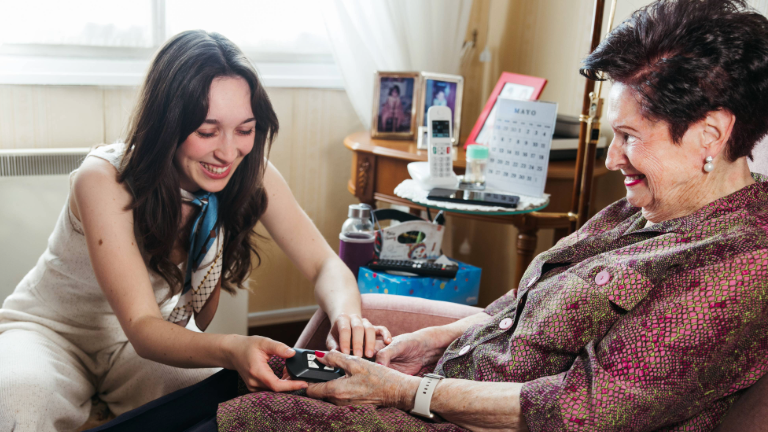Families often face the challenging decision of how to care for aging loved ones. In many cases, a family member steps into the role of caregiver, dedicating their time and energy to providing necessary support. While this arrangement can be deeply rewarding, it can also become financially and emotionally complex. This is where a Caregiver Agreement can provide clarity and structure.
Understanding a Caregiver Agreement
A Caregiver Agreement is a formal contract between a caregiver and the individual receiving care or their legal representative. The agreement outlines the services the caregiver will provide, the terms of compensation, and other key expectations. Essentially, it formalizes what might otherwise be an informal arrangement, providing a clear understanding for all parties involved.
Caregiver agreements are not limited to family members; they can also be used when hiring a professional caregiver. These agreements help establish boundaries and ensure that everyone is aligned on the scope of care and the financial aspects of the arrangement.
When to Use a Caregiver Agreement
A caregiver agreement is especially useful when a family member is taking on caregiving responsibilities and will receive compensation for their work. Without a formal agreement, these arrangements can sometimes lead to misunderstandings or disputes among family members, particularly regarding how funds are allocated from the senior’s estate or financial resources.
A caregiver agreement is also used when Medicaid eligibility is a consideration. Medicaid has strict rules about asset transfers, and paying a caregiver without a formal agreement could be viewed as an uncompensated transfer, potentially jeopardizing eligibility. A properly drafted caregiver agreement ensures that payments to the caregiver are treated as legitimate expenses, helping to avoid complications during Medicaid planning or application processes.
What a Caregiver Agreement Entails
A well-drafted caregiver agreement typically includes:
- A detailed description of the services to be provided, such as meal preparation, transportation, personal care, or housekeeping.
- The hours and schedule of the caregiver, specifying whether services are provided full-time, part-time, or as-needed.
- The rate of compensation and the payment schedule.
- Reimbursement terms for any additional expenses incurred by the caregiver, such as mileage or supplies.
- A termination clause outlining the conditions under which the agreement can be modified or ended.
The agreement should also comply with state and federal labor laws, particularly if the caregiver is not a family member. This ensures that the arrangement meets legal standards and avoids potential disputes later.
Who Should Draft a Caregiver Agreement?
Given the legal and financial implications of a caregiver agreement, it is strongly recommended that the document be drafted or reviewed by an elder care attorney. An experienced elder care attorney can ensure that the agreement complies with all applicable laws and regulations and addresses any unique circumstances related to the caregiving arrangement.
Having an attorney draft the caregiver agreement can also provide peace of mind for other family members. By involving a neutral third party, you can reduce the potential for misunderstandings or conflicts and ensure that the agreement is fair and enforceable.
A Caregiver Agreement is a tool for managing caregiving arrangements, whether the caregiver is a family member or a professional. It provides clarity, protects all parties involved, and ensures that caregiving expenses are treated appropriately for Medicaid planning and other financial considerations. If you are considering establishing a caregiver agreement, consulting with an elder care attorney is the best way to ensure your agreement is legally sound and tailored to your family’s needs.
At Rothkoff Law Group, we specialize in helping families navigate these complex decisions, offering guidance and support to secure the best outcomes for your loved ones. With offices throughout southern New Jersey and southeastern Pennsylvania, we can help you where you’re at, with your convenience top of mind.


